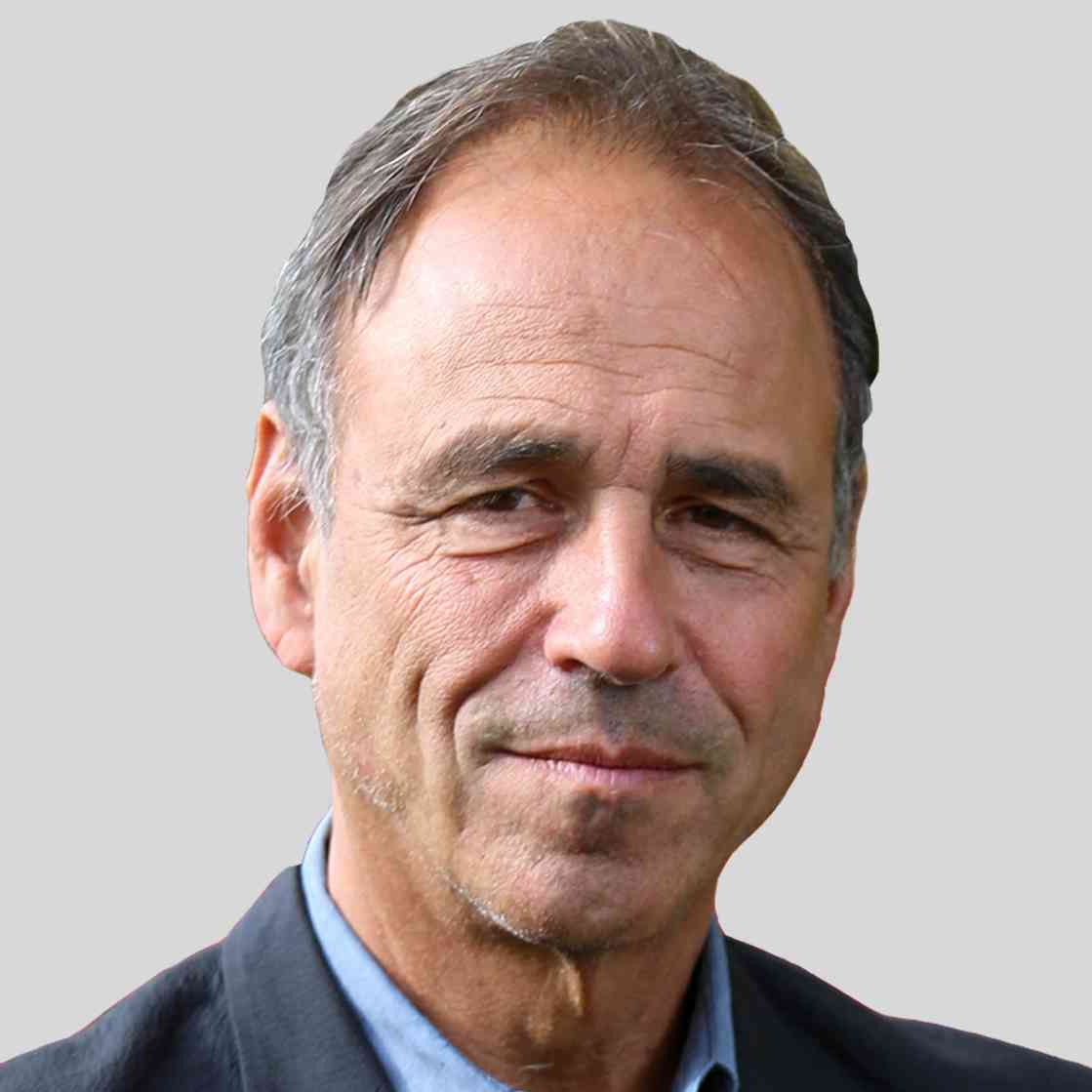The French have a saying: “Le malheur des uns fait le bonheur des autres”, which essentially means that there’s always someone who will benefit from the misfortune of others.
EDF, the French-owned energy company, will certainly know this, and the nuclear industry is cheerfully demonstrating it. Soaring gas and electricity prices, along with the panic caused by the long queues outside empty petrol stations, have led to a predictable knee-jerk reaction in government and the media.
Nuclear is the answer! As someone who has been a regular visitor to the Suffolk coast for 30 years, I, along with thousands of others, have been opposing the £20 billion reactors that are being planned at Sizewell C. They will cause untold damage to Minsmere, one of Europe’s best-loved nature reserves, which is right next door. There aren’t the roads in Suffolk to cope with the extra 10,000 cars and HGVs heading their way.
But these arguments sound feeble when there’s a real fear that the lights could soon be going out all over Britain and even the proven fact that wind power is much cheaper and safer than nuclear doesn’t add up to much when the wind refuses to blow.
Pro-nuclear voices will argue it is needed to help wean us off gas — in particular imports from places such as Russia. This ignores the fact that it will take at least 12 years before Sizewell C is complete.
Who is going to pay for Sizewell C? Until recently EDF was in bed with CGN (China General Nuclear), which might have taken a 20 per cent share in the project, but because of national security issues having China as a business partner has become politically unacceptable.
Unfortunately, very few pension funds have shown any inclination to invest. This puts more emphasis on the regulated asset base (RAB), which the protest group, Stop Sizewell C, has termed “the nuclear tax”. RAB will pile the upfront costs of construction on to consumers’ bill years ahead of it becoming operational. Is this the best time to be considering another stealth tax on electricity bills . . . particularly as the amount will almost certainly rise with the cost overruns and overspends for which the nuclear industry is notorious?
The chancellor seems to have changed his mind about nuclear energy, throwing caution, well . . . to the wind. Is he unaware of the catastrophic delays at the Olkiluoto 3 nuclear reactor in Finland? It was supposed to be finished in 2009. Or that electricity generated at Hinkley Point C, which is also late, will cost more than double the strike prices of offshore wind farms?
The trouble is that the European pressurised reactors, or EPRs, proposed by EDF are cumbersome, massively expensive, environmentally destructive and technologically unproven. Only two of them have been completed anywhere in the world, in Taishan in China, and one of those is closed because of fuel failure after less than three years of commercial operation.
The bottom line is that Sizewell C could be obsolete before it is even built, especially as battery storage technology improves and the cost of renewables continues to fall.
That’s not to say that nuclear energy doesn’t have a part to play in the journey to net zero by 2050. Nobody is protesting against the SMRs – the small modular reactors favoured by the business secretary Kwasi Kwarteng. He is said to be about to approve the development of 16 plants to be built by Rolls-Royce, and interestingly they won’t depend on RAB. If built, they would provide more power than two Sizewell Cs.
I haven’t been to Suffolk recently. My car’s tank is empty and like everyone else I’m wary of making unnecessary journeys. So I haven’t walked in the woods that are going to be cut down for car parks or visited the marshes, 10 hectares of which will be destroyed. I haven’t strolled along the beach, a large stretch of which will be closed for ten years while a massive sea defence is constructed behind it.
Quite soon, the government assures us, the petrol crisis will be over. But decisions made in the heat of the moment when nobody is going anywhere and winter is drawing in will be with us for generations. We cannot allow our energy future to be dictated by the headlines of a single day.
